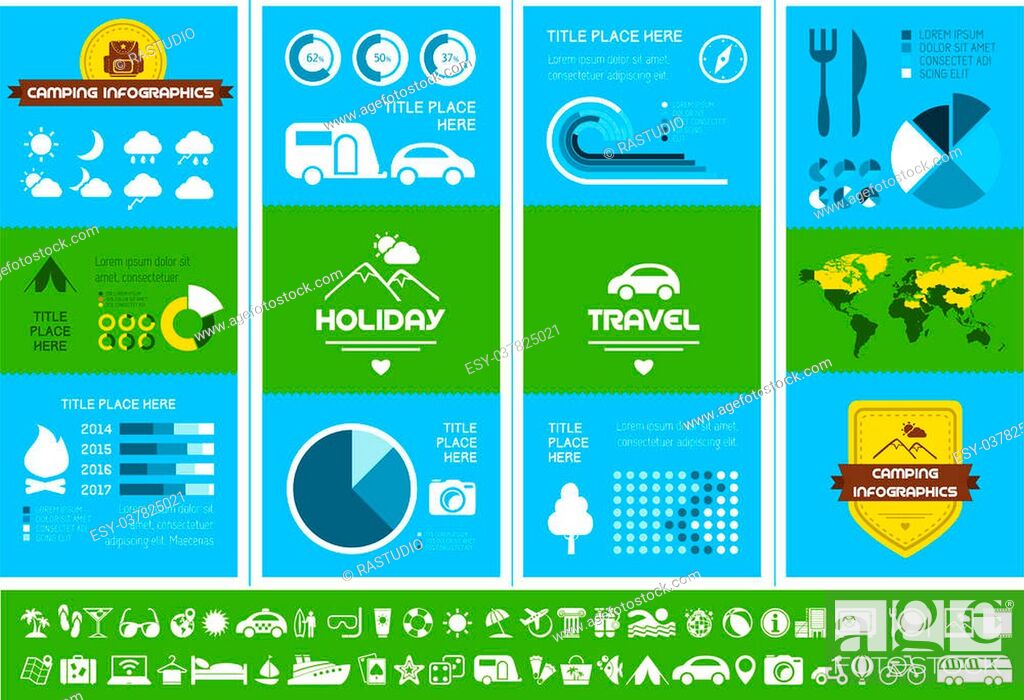While lots of campers concentrate on an outdoor tents's cover to protect them from rain, snow, and bugs, the camping tent floor is similarly crucial. A top quality flooring supplies defense from standing water, soaked mud, and sharp rocks.
At White Duck Outdoors, we offer free-floating plastic floorings that are personalized per tent size. This permits you to choose a flooring lining or use your own canvas tarpaulin as a liner.
Sturdiness
There are various types of floors readily available for wall camping tents. Free-floating floorings are separate pieces that you lay on the ground prior to constructing the tent, making them simple to establish. A sewn-in flooring is a little a lot more difficult, but it provides exceptional defense from water and bugs.
Nevertheless, the most effective alternative is a tent floor lining. A lining is thick and pressures any water or insects to go under the floor as opposed to with openings in the camping tent. It additionally reduces the amount of dirt that enters the camping tent, making it easier to clean up and maintain.
All White Duck Outdoors wall surface outdoors tents come with a free-floating floor included, so you don't need to bother with acquiring and installing one separately. We comprehend the value of having the ability to tailor your space and make camping more pleasurable. The free-floating flooring makes the outdoor tents easier to bring, tidy and shop, deluxes that sewn-in or 3/4 floors don't provide.
Weather Resistance
When selecting a protective cover for industrial or logistical functions, weather condition resistance is usually a vital factor. Canvas tarps are traditionally made from natural materials, while vinyl tarps feature advanced polymer engineering. This distinction in make-up causes drastically various efficiency features, upkeep needs, and ideal applications.
Plastic tarpaulins are suitable for long-term commercial protection because of their sturdiness, water resistant functions and chemical resistance. They likewise provide good UV protection and are lighter than canvas tarpaulins. These properties make them the preferred selection for covering tools and creating momentary structures.
Easy Maintenance
The resilience of vinyl floorings and their resistance to damage translates right into very little maintenance needs. Wipe-downs with light soap and water suffice to keep them looking clean, while persistent discolorations can commonly be eliminated without much effort.
In contrast, canvas covers are more probable to take in wetness in time, resulting in mold and mildew and mold growth if not effectively dried out or treated. Moreover, they could need more frequent waterproofing therapies to preserve their protective properties.
On top of that, a woven material like cotton is prone to puncturing and tearing with time, making it a lot more vulnerable to damage from sharp things or rough surfaces. Plastic is engineered to resist these hazards more effectively, positioning it as a premium option for heavy-duty defense applications. Additionally, its synthetic elements provide premium toughness and longevity contrasted to canvas materials. Consequently, they normally have a lower ecological footprint in regards to manufacturing and disposal. They also have a tendency to have a more functional personalization capability, promoting the unification of intricate designs and color schemes.
Ecological Effect
Similar to all items, it is essential to recognize the environmental account of each material. This consists of whatever from raw materials sourcing and production procedures to usage long life and end-of-life disposal options. This details allows services to make smarter choices that line up with sustainability goals while satisfying operational demands.
Sailcloth normally aligns with eco-conscious objectives due to its naturally degradable nature and reduced production impact. Its lighter weight translates to much less storage and transportation demands. Its reduced upkeep needs and longer lifespan additionally reduce general expenses.
Vinyl, on the other hand, depends on artificial components for its sturdiness and climate resistance. Its chemical treatments need high power input. Vinyl's non-biodegradable residential properties further complicate awning recycling and waste administration methods. However, it does offer premium waterproofing and UV degradation resistance to outside atmospheres.
